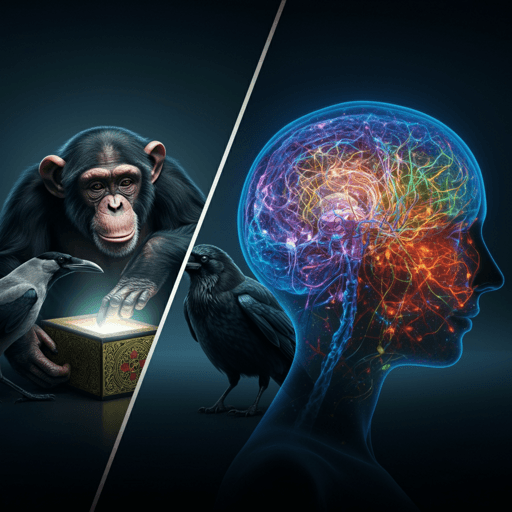
Psychology
To know or not to know? Curiosity and the value of prospective information in animals
V. Ajuwon, T. Monteiro, et al.
Curiosity drives animals to seek both instrumental and non-instrumental information that can be encoded in memory for future use. This comparative review examines laboratory tasks where individuals choose costly, advance information about uncertain outcomes—discussing prevalence, theoretical advances, and research limitations. Research conducted by Victor Ajuwon, Tiago Monteiro, Alexandra K. Schnell, Nicola S. Clayton.
Related Publications
Explore these studies to deepen your understanding of the subject.







